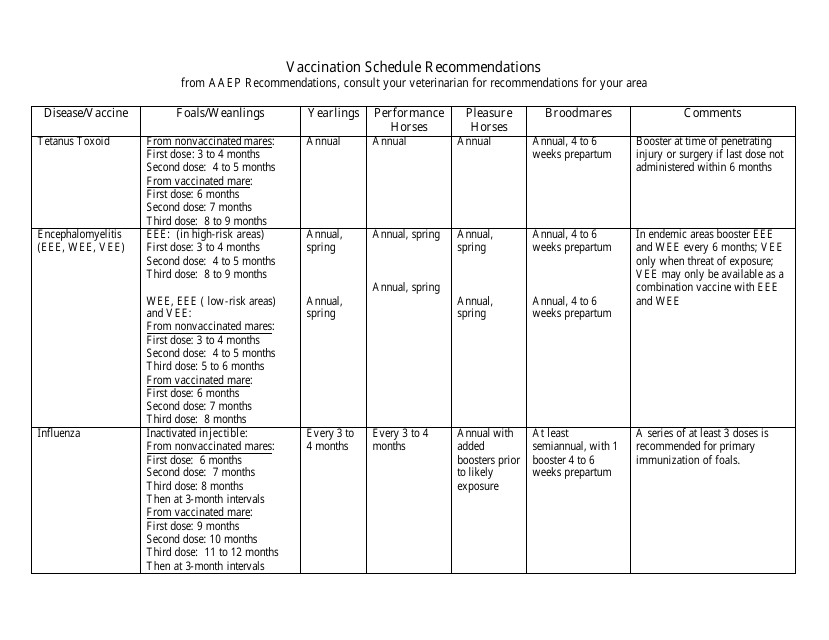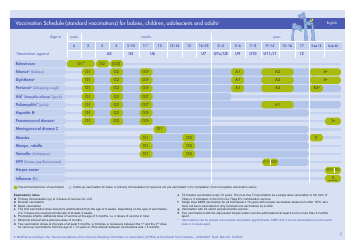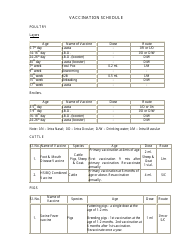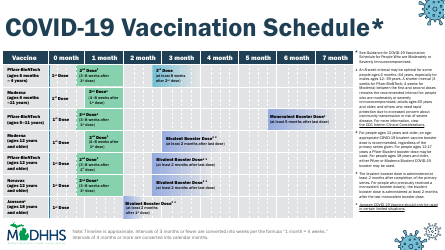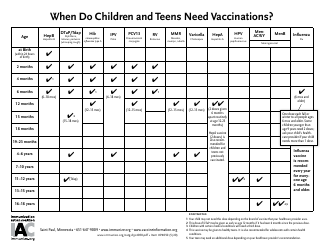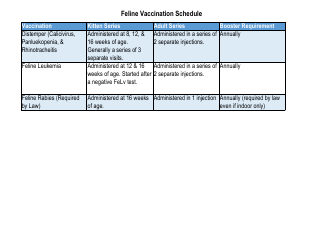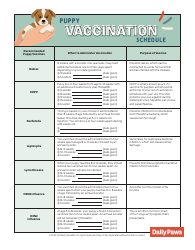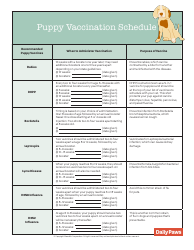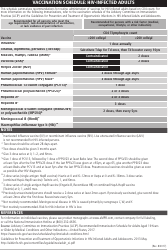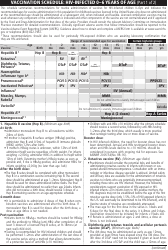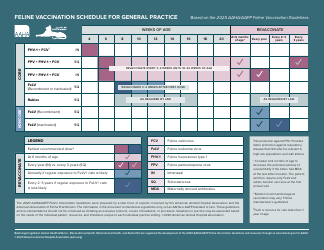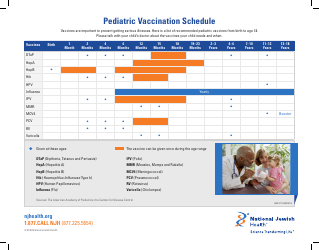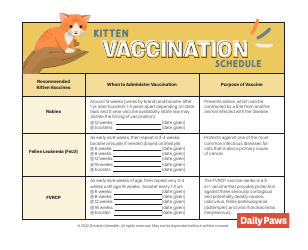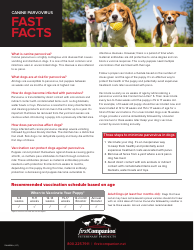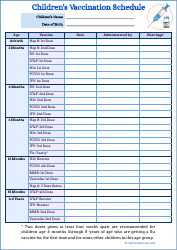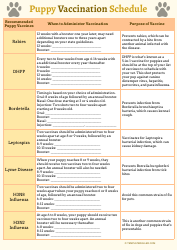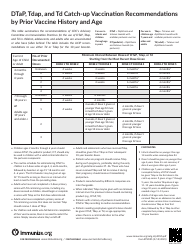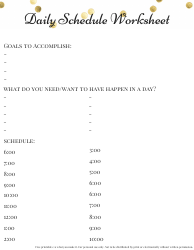Vaccination Schedule Recommendations
Vaccination schedule recommendations are guidelines provided by public health authorities to inform individuals about the recommended timing and doses of vaccines. These recommendations help protect individuals from vaccine-preventable diseases and ensure optimal immune response.
The vaccination schedule recommendations in the United States are filed by the Centers for Disease Control and Prevention (CDC).
FAQ
Q: What is the recommended vaccination schedule?
A: The recommended vaccination schedule varies based on age and specific vaccines, but generally includes vaccines for diseases like measles, mumps, rubella, polio, hepatitis, and influenza.
Q: When should I get my child vaccinated?
A: It is recommended to follow the vaccination schedule recommended by the Centers for Disease Control and Prevention (CDC) which starts in infancy and continues through adolescence.
Q: Are vaccines safe?
A: Yes, vaccines are considered safe and undergo thorough testing before being approved for use. The benefits of vaccination far outweigh the risks of potential side effects.
Q: Are there any vaccine exemptions?
A: Yes, there are medical and religious exemptions for vaccines. However, vaccination is strongly recommended to protect individuals and the community from preventable diseases.
Q: What happens if I miss a vaccine dose?
A: If you miss a vaccine dose, it is usually recommended to catch up as soon as possible. Consult with your healthcare provider for specific guidance.
Q: Are there any side effects from vaccines?
A: Some vaccines may cause mild side effects like soreness at the injection site or low-grade fever. Serious side effects are rare.
